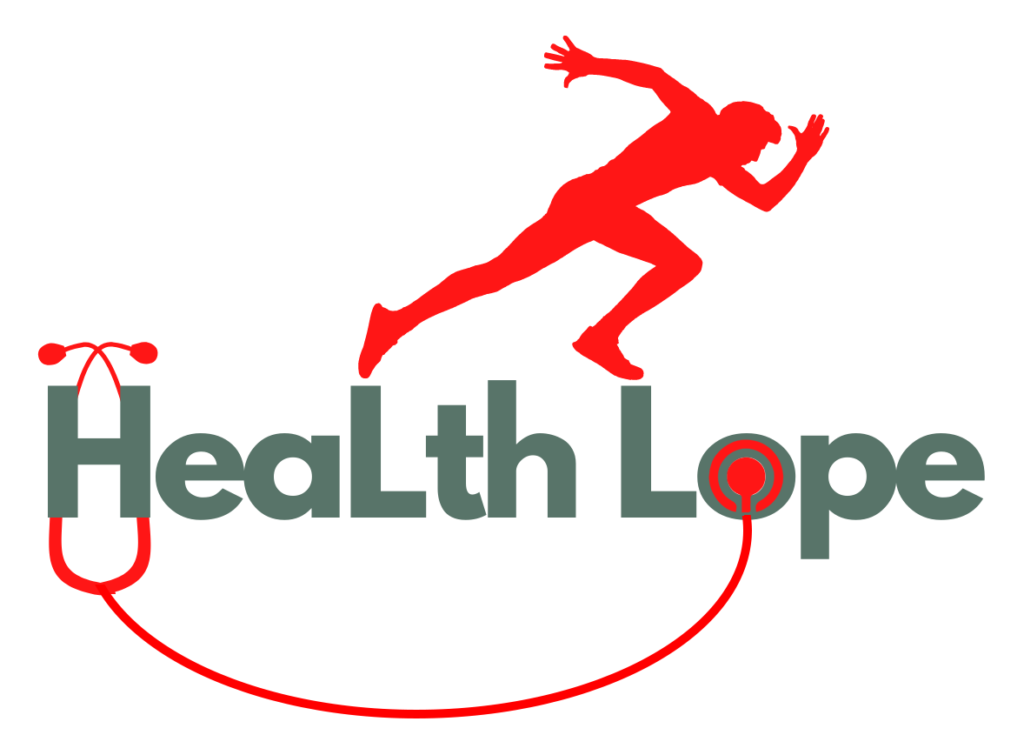
Tongue sucking is a common oral habit in children that can persist into adulthood. While the behavior is typically harmless, it can lead to dental problems if it continues for a long period. It can make a person self-conscious and awkward. If you or your loved one are facing this problem, follow this article until the end to find the solution.

What Is Tongue Sucking?
It involves pressing your tongue against the roof of your mouth, sucking on it, and releasing simultaneously. It seems like you are sucking on hard candy. This habit might seem harmless, but it has a science behind it.
Origin
Although this behavior has existed for centuries, science has only recently started to explore its potential benefits as a therapeutic tool. As our understanding of the human body grows, more research shows that tongue-sucking can be used to treat various ailments, such as stress and tension headaches.
Cognitive Benefits
This technique can be used to release various tensions, such as those caused by stress and headaches. When you suck on your tongue, your body releases endorphins, which can act as natural painkillers, making the headache disappear.
This habit can also help relieve tension in the jaw and neck, resulting in improved physical and mental well-being.
The benefits of tongue-sucking do not just stop there – it can be used to
In addition, some studies have shown that tongue-sucking can reduce anxiety, leading to reduced stress and increased creativity.
Causes In Children
Children, from an early age, are used to sucking. This may be of two types
- Nutritive sucking: for nutrition, like sucking from the nipples of the mother or feeder
- Non-nutritive sucking: For means of comfort like sucking a finger or toy
A research review mentions that children like tongue or finger-sucking as a means of comfort before taking a nap. The non-nutritive sucking goes parallel with other comforting habits, such as holding the blanket of a stuffed toy.
Children usually grow up and leave the habit of young sucking with time. But sometimes, children may not leave this habit with the post and continue it for anxiety relief.
In some cases, it may be associated with other conditions like tongue thirst, in which a person’s tongue rests against the upper or lower teeth instead of behind them.
Causes In Adult

The three potential causes of this condition includes
- Adapting it as a habit for coping with anxiety
- Due to the side effects of some medications. For example, neuroleptic medications can produce such side effects.
- Due to some medical conditions like tardive dyskinesia
Is Tongue-Sucking Normal?
Tongue-sucking can be found in both children and adults. Let’s break this question into two parts.
In Children
It is common for parents to experience tongue or finger-sucking in their infants. This non-nutritive habit resolves itself after three years, but it becomes a noticeable concern if it remains in children until the age of 8.
In Adults
The untreated, not nutritive sucking of childhood is an uncommon habit in adults. It makes a person self-conscious and may lead to a few medical conditions.
Why is It Important To Stop Tongue Sucking?
Before discussing breaking this habit, it is vital to know its downsides. It has several side effects that affect your overall personality and oral health. It would help if you stopped finger or thumb-sucking because
- It may cause pain due to excessive and prolonged sucking
- It can affect your bite and cause crossbite or an open bite
- It may cause lesions on your tongue.
- It can cause the improper position of your teeth. This condition is called malocclusion.
- Receding lower jaws
- Narrowing of the upper jaw
- Altered speech
- High Palate
How To Break the Habit Of Tongue Sucking
Breaking the habit of tongue-sucking can be challenging, but it is possible with patience and perseverance.
The first step is identifying what triggers your tongue-sucking behavior, which will help you create strategies to break the cycle. Common triggers include
- Stress
- Boredom
- Hunger
Once you have established the triggers, you can develop strategies to avoid or manage them.
The next step is to find an alternative coping mechanism for when you feel the urge to tongue-suck. This might involve taking deep breaths, drinking a cup of tea, or going for a walk By replacing your tongue-sucking behavior with a harmless alternative like chewing gum.
Seek Help From health professionals!
If you were unable to stop tongue-sucking by yourself while using the tip mentioned above, then it’s time to visit a doctor.
A mental health professional or therapist helps you identify this habit’s root cause. You may experience stress or anxiety and use tongue-sucking for relief.
If this behavior affects your speech and eating habits, a speech-language pathologist may be helpful. He can suggest exercises to help you overcome this habit over time.
Wrapping Text
In conclusion, tongue-sucking is a behavior that can be learned and unlearned. In children, it is expected, and they use it as non-nutritive sucking s.In adults, Tongue-sucking in adults can be caused by a variety of factors, including anxiety, stress, and boredom. There are some ways to stop tongue-sucking, including behavioral therapy, positive reinforcement, and other alternatives. You can also seek the Help of a healthcare professional to get rid of this habit and lead a confident life ahead.
I am Pharmacist by profession and a medical writer by passion. Being a doctor of medicine, I realize the need for simple, authentic, and reliable content for people on various health topics, medical problems, diet, and nutrition. So I took charge of providing the most relevant and accurate medical knowledge to the general public as well as medical practitioners and students .
My articles are a blend of authentic and updated medical information with clear readability that makes it simple and clear to understand complicated and rare medical conditions. My goal is to serve you with updated, relevant, and trustworthy information about medical sciences and medical-related topics on a single page.


